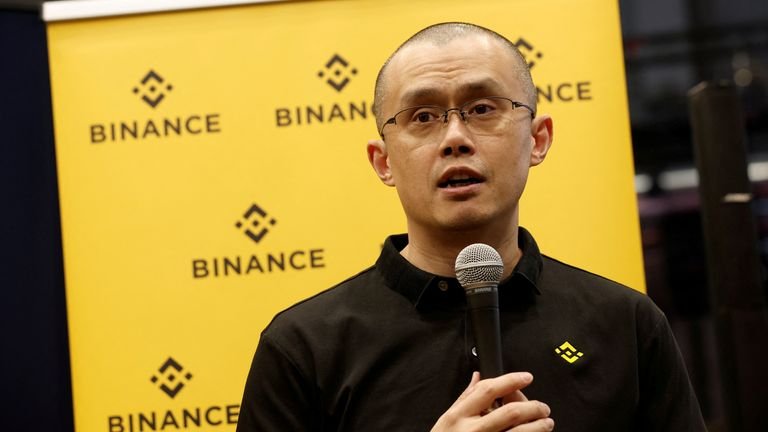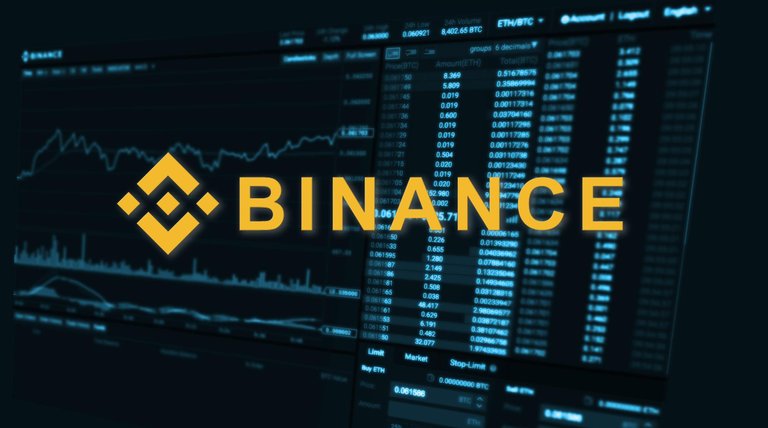CZ got a sentence of only four months... Why?

Binance founder Changpeng Zhao received a much lighter prison sentence than expected during last Tuesday's court hearing in Seattle.
Zhao pleaded guilty to money laundering violations late last year. However, the judge ultimately imposed only a four-month prison term. This sharply contrasts with the fate of his former rival, FTX founder Sam Bankman-Fried, who was sentenced to 25 years last month.
Judge Richard Jones's sentence is also much lighter than the 36 months requested by prosecutors.
The reason can be found in the fact that Zhao cooperated with investigators, along with a series of positive testimonials about his morality. Judge Jones may have opted for a less severe sentence, believing it unlikely that Zhao would reoffend.
And no, his conviction has nothing to do with his cryptic tweet about the number "4".
Zhao sent a letter to the judge before his sentencing. Here, he admitted that there was no "excuse" for not establishing adequate compliance standards at Binance.

The lack of a criminal record may have mitigated Changpeng Zhao's sentence.
Aron Solomon, JD, Strategic Advisor at Amplify, said there are some key reasons to understand the "rather light" sentence imposed on Zhao.
According to the legal expert, a key factor was Zhao's decision to enter into an agreement with prosecutors.
This cooperation, starting with the admission of guilt and cooperation with authorities, demonstrates that Zhao takes responsibility for his actions. Judges often view this approach positively when determining sentences.
Interviewed by Cryptonews, Solomon explained:
"Another important element is the fact that CZ had no prior criminal record, which may have worked in his favor. As a first-time offender, the judge may have deemed a shorter sentence appropriate, hoping for potential rehabilitation."
When Zhao's legal situation became critical, he resigned from the CEO role at Binance last November. The agreement he benefited from included a personal fine of $50 million, while Binance itself agreed to pay $4.3 billion in fines and settlements.
"The high level of cooperation with authorities was certainly seen as a mitigating factor in determining the sentence," explained Solomon. "So it wasn't all about one aspect but rather a combination of factors, particularly the plea deal, admission of guilt, lack of prior criminal record, and cooperation with the investigation. Another thing I would add is how unprepared courts and judges are regarding cryptocurrencies: frankly, they don't know what to do in these cases."
The attorney describes CZ's cooperation's impact on the sentence.
According to Katie Charleston, founding attorney of Katie Charleston Law, Zhao's admission of guilt and cooperation with authorities "certainly influenced the judge" in formulating his sentence.
"CZ didn't rob his customers and deny everything," she added:
"CZ admitted his shortcomings and violations that were more regulatory than malicious in nature. On the other hand, it could be argued that a financial activity enabling financial transactions undercover to terrorists and criminals could cause greater harm."
According to the lawyer, even the written testimonials from family members submitted to the court requesting clemency may have had some weight. Weight that added to sealed documents submitted during sentencing that may have revealed further key elements.
Tougher anti-money laundering regulations for crypto are expected in the future.

Phillip Shoemaker, Executive Director of Identity.com, has a different opinion and says he is surprised by Zhao's minimal prison sentence. He even speculates a change in direction in decisions regarding issues related to anti-money laundering infractions.
Harsher penalties are expected for cryptocurrencies that allow bypassing AML, anti-money laundering, regulations. This is because, according to Shoemaker, it is strange that the judge decided to impose a prison sentence despite the billions paid to the government's coffers by the company and CZ himself.
"I wonder if the government resolved the CZ issue quickly because it seems unfair considering the billions in fines already paid. To be honest, it's worth remembering that no one cared about AML back then. While in recent years this situation has changed."
The executive even suggests that this sentence could reopen old cases, providing a new perspective on crimes that were thought to have already been closed.
Congratulations, you received an ecency upvote through the curator @sahi1. Keep spreading love through ecency